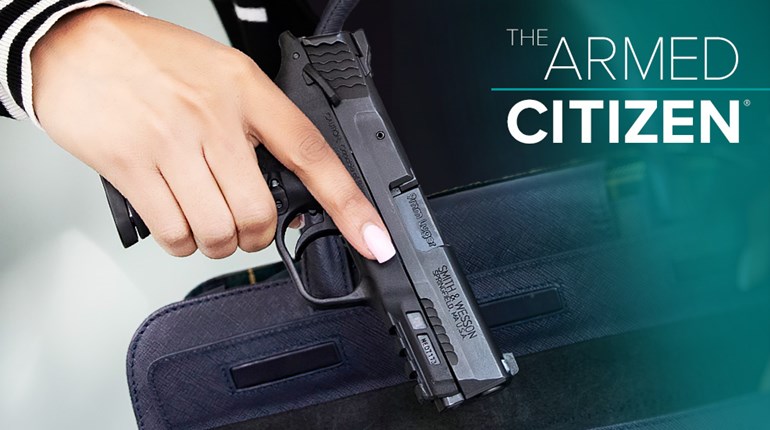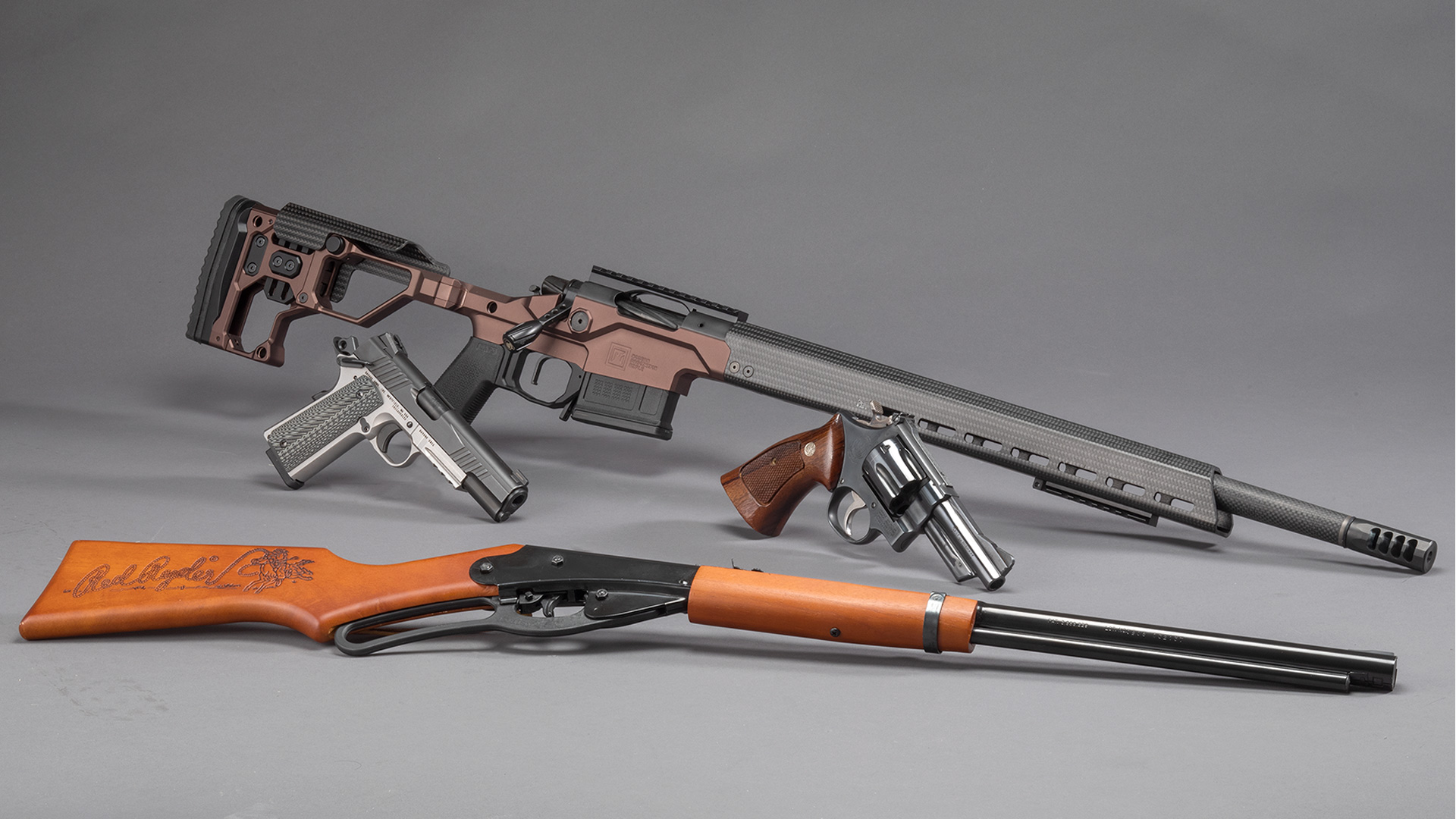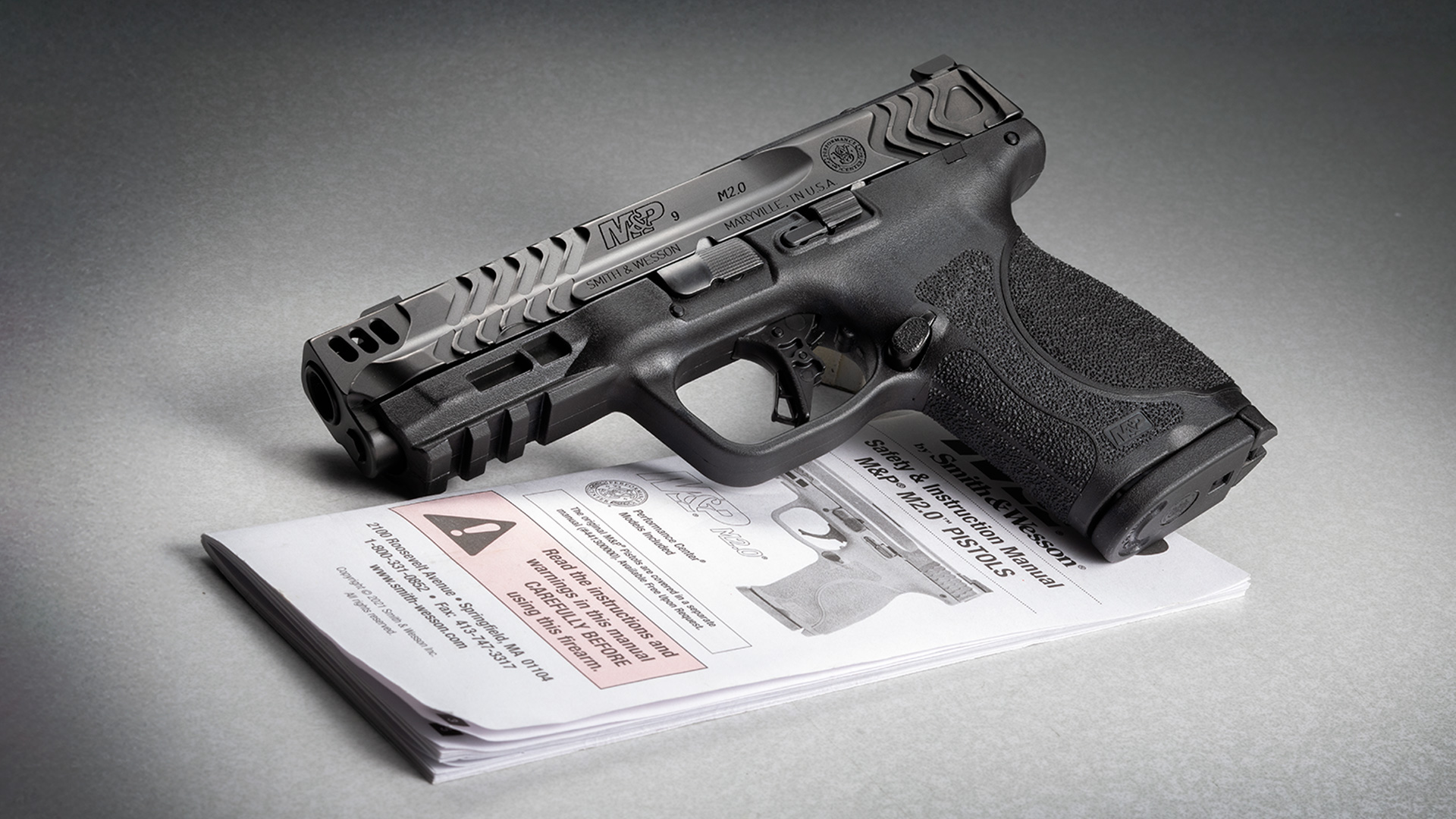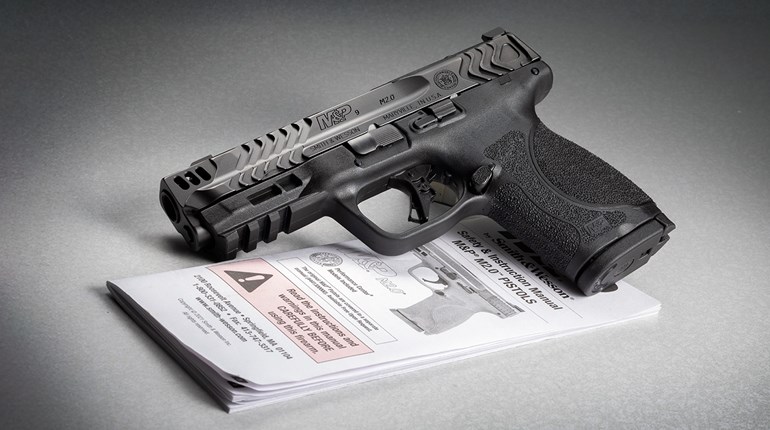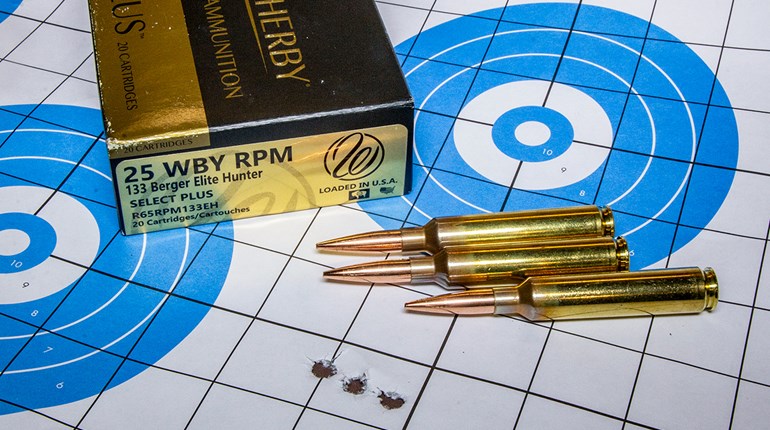
Students and faculty members are now permitted by law to carry guns on public campuses in five states—Colorado, Mississippi, Utah, Wisconsin and Oregon. That's four more states than just two years ago.
In September 2011, the Oregon Court of Appeals overturned a longstanding policy held by the state university system that prohibited guns anywhere on its campuses. Then, on Nov. 1, 2011, Wisconsin's then-new concealed carry provision became effective, allowing those with permits to legally carry for personal protection on state university campuses, though some buildings remain off limits.
In March 2012, the Colorado Supreme Court upheld an appeals court ruling that struck down the University of Colorado, Boulder's gun ban. The Court found the Board of Regents overstepped its authority by banning permitted concealed weapons on campuses, in leased buildings and in any area under control of university police.
According to the National Conference of State Legislatures, in addition to the five states where campus carry is permitted, 23 states place the decision to ban or allow concealed carry upon each individual each college or university. Those states include Alabama, Alaska, Arizona, Connecticut, Delaware, Hawaii, Idaho, Indiana, Iowa, Kansas, Kentucky, Maine, Maryland, Minnesota, Montana, New Hampshire, Pennsylvania, Rhode Island, South Dakota, Vermont, Virginia, Washington and West Virginia.
Further, 21 (22 including Illinois, which does not yet permit concealed carry anywhere) states continue to prohibit carrying a concealed weapon on its college campuses. They are: Arkansas, California, Florida, Georgia, Louisiana, Massachusetts, Michigan, Missouri, Nebraska, Nevada, New Jersey, New Mexico, New York, North Carolina, North Dakota, Ohio, Oklahoma, South Carolina, Tennessee, Texas and Wyoming.
According to the organization Students for Concealed Carry, there are presently a total of 206 colleges that allow those holding valid permits to carry handguns on their campuses.












